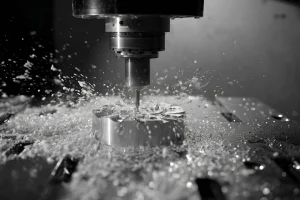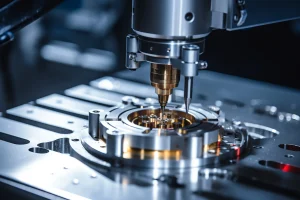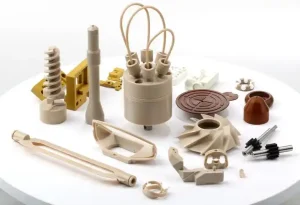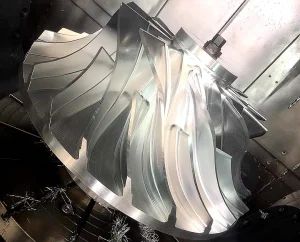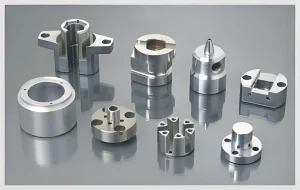In today’s rapidly developing society, plastic products are everywhere. Whether it is water cups and tableware in daily life or parts in industrial production, plastics have become an indispensable element of modern society with their lightness, durability and low cost. However, with the sharp increase in plastic production, the problem of plastic waste disposal has become increasingly prominent, especially plastic deposition molding products, whose production and use have become the focus of public attention. So, can plastic deposition molding products be recycled? Next, let’s explore this topic in depth.
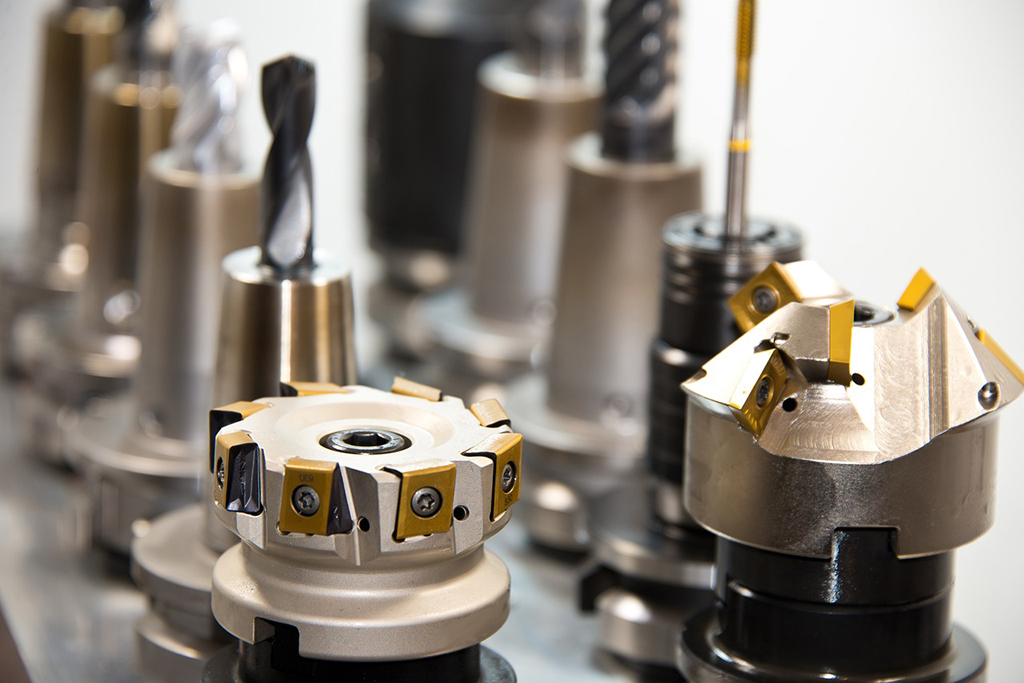
1. The basic principle of plastic deposition molding.
Plastic deposition molding, also known as injection molding process, is to inject molten plastic into the mold, and then cool and solidify it to shape the desired shape and size of the product. This method is efficient and accurate, and is very suitable for large-scale production, so it is popular in the manufacture of plastic products such as mobile phone cases, toys, and auto parts. Injection molding products have diverse structures and precise dimensions, and their production efficiency is extremely high. But unfortunately, this also adds complex problems to their disposal after disposal.
2. Current recycling status of plastic deposition molding products
1. Technical level
Plastic deposition molding products can indeed be recycled. Through a series of processing steps, such as crushing, cleaning, melting and remaking, waste injection molding parts can be converted into recycled plastic particles and used again in production. However, different types of plastics require different recycling technologies, and injection molding parts are often mixed with additives and pigments, which undoubtedly increases the difficulty of recycling.
2. Market acceptance
Market acceptance is also one of the important factors affecting the recycling of plastic deposition molding products. Although the conditions for recycling and regeneration are technically available, the acceptance of recycled plastics in the market still needs to be improved. On the one hand, the performance of recycled plastics is often inferior to that of virgin plastics, which to a certain extent restricts the expansion of its application areas. On the other hand, consumers still have doubts and concerns about the safety and quality of recycled plastic products.
3. Recycling system
We have to face up to the remaining defects of the global plastic recycling system. There are obvious deficiencies in key links such as collection, classification and transportation, resulting in many injection molding parts being abandoned wantonly. These abandoned injection molded parts have become one of the main sources of environmental pollution, causing serious damage to the environment and wasting precious resources.
3. Effective strategies for recycling
In order to effectively promote the recycling of plastic deposition molding products, we must take corresponding measures.
1. Seeking technological innovation
We need to use the power of technological innovation to develop more efficient recycling methods to ensure environmental protection. This will not only improve the quality of recycled plastics, but also expand its scope of use
2. With the help of policy guidance
The government should introduce relevant policies to actively encourage the vigorous development of the plastic recycling industry and provide a series of preferential measures such as tax exemptions and financial subsidies for recycling companies.
3. Public account education
It is also particularly important to strengthen the public’s awareness of the importance of plastic recycling. We need to promote green consumption concepts and reduce the use of disposable plastic products through publicity and education.
4. Improve the recycling system
It is crucial to improve the recycling system. To this end, it is necessary to build a sound plastic recycling network and effectively improve the recycling efficiency to reduce the serious damage to the environment caused by plastic pollution.
Although the recycling of plastic sedimentation products is full of various difficulties and challenges, as long as we persevere, we will definitely be able to embark on a path of sustainable development.

